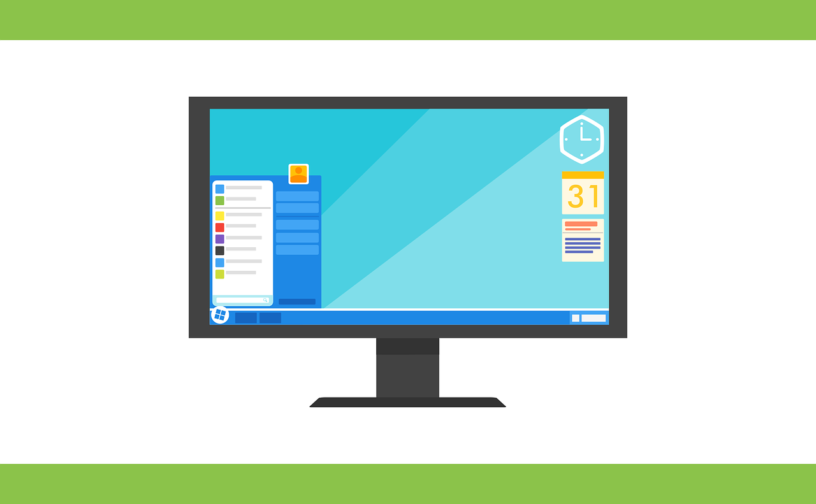Embarking on a journey in software development requires a solid understanding of the underlying infrastructure that supports applications and processes. Operating systems serve as the digital backbone, managing hardware resources and providing a platform for software to run efficiently. In this comprehensive guide, we’ll explore fundamental operating system concepts, with a focus on processes and memory management, and provide valuable resources to help aspiring engineers get started.
Table of Contents
1. Introduction to Operating Systems:
An operating system is a crucial software component that acts as an intermediary between hardware and user applications. It manages resources, provides services, and ensures a seamless user experience.
- Resources:
- Operating Systems: Introduction – GeeksforGeeks: A beginner-friendly introduction to operating system concepts.
- Operating System Concepts by Abraham Silberschatz: A recommended textbook providing an in-depth exploration of operating system fundamentals.
2. Processes in Operating Systems:
Processes are the heart of an operating system, representing the execution of a program. Understanding process management is crucial for efficient multitasking and resource allocation.
- Resources:
- Processes in Operating System – Tutorialspoint: Explore the basics of processes in operating systems.
- YouTube – “Operating Systems: Processes and Threads”: Watch this video for a visual explanation of processes and threads.
3. Memory Management:
Memory management involves allocating and deallocating memory space for processes, ensuring efficient use of available resources.
- Resources:
- Memory Management in Operating System – GeeksforGeeks: A comprehensive guide to memory management concepts.
- Operating Systems – Memory Management: Tutorialspoint’s guide covering memory management in operating systems.
4. Virtual Memory:
Virtual memory extends the available physical memory by using disk space as a temporary storage medium. It plays a crucial role in managing large and complex applications.
- Resources:
- Introduction to Virtual Memory – Khan Academy: Khan Academy’s video on the basics of virtual memory.
- Virtual Memory in Operating Systems – GeeksforGeeks: Dive deeper into the concept of virtual memory.
Tips for Effective Learning:
- Hands-On Practice:
- Set up a virtual machine or experiment with different operating systems to gain practical experience.
- Explore OS Documentation:
- Refer to the documentation of popular operating systems like Linux or Windows to understand their architecture and features.
- Join OS Forums and Communities:
- Engage in discussions on forums like Stack Overflow or Reddit to learn from experienced developers and troubleshoot operating system-related issues.
- Experiment with Process Scheduling:
- Understand different process scheduling algorithms and simulate their behavior to grasp their impact on system performance.
Conclusion
By gaining a solid understanding of operating system concepts, you lay the foundation for efficient software development and system optimization. Actively engage with the provided resources, experiment with practical scenarios, and embark on a journey toward becoming a knowledgeable and proficient software engineer.
Happy coding!




3 Pingbacks